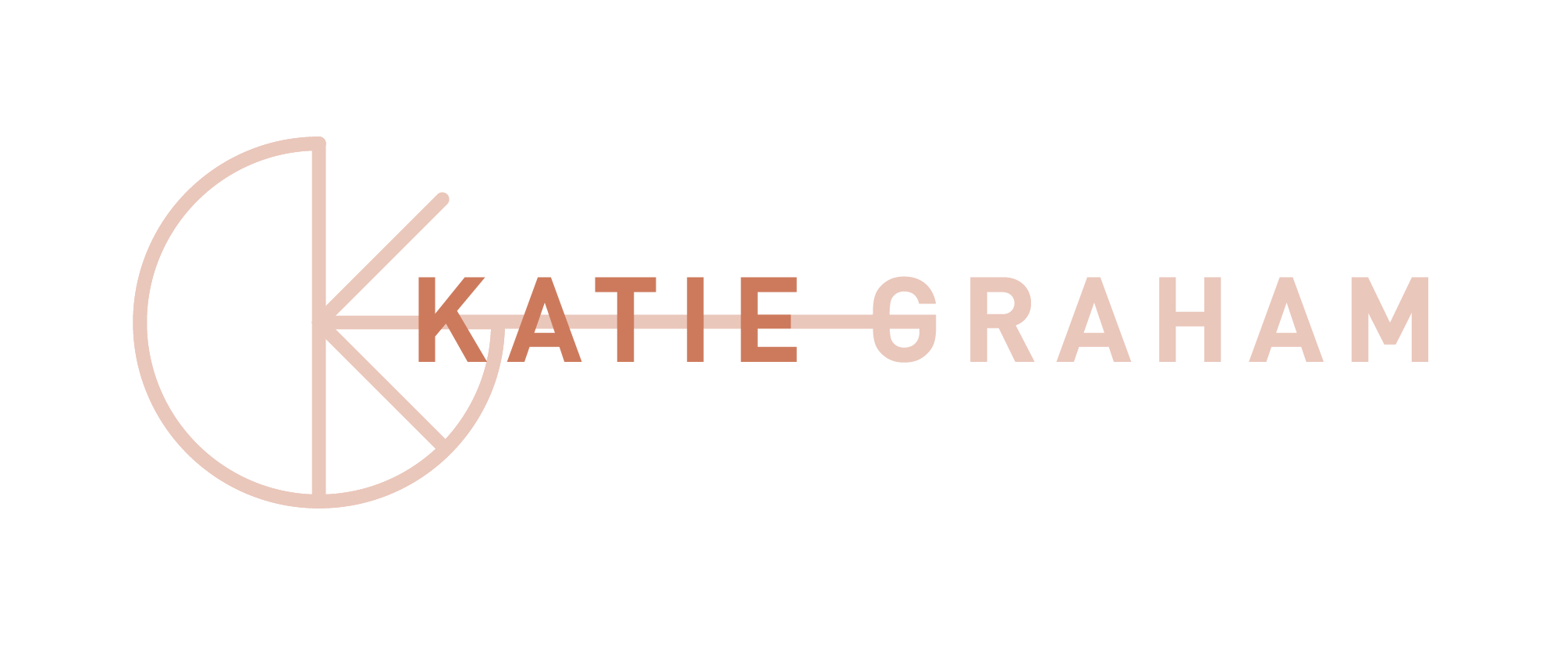Is it time to hurry up and slow down? A curious exploration of the slow business movement, part 1
firms that “slowed down to speed up” averaged 40% higher sales and 52% higher operating profits
Fast food, fast fashion, blink-and-you’ll-miss-it news cycles, hyper-packed work schedules, not to mention that never-ending list of podcast episodes you "have" to listen to... and then there’s the Instagram comparison trap—that nagging feeling you have to do everything you see everyone else posting about, immediately, or you’ll get left in the proverbial dust.
It’s a LOT. We’re living in a world that glorifies the hustle and celebrates speed and productivity above all else. But we’re also living in a world where occupational burnout has been added to the World Health Organization’s international classification of diseases. Something has to give, right?
Enter the ‘slow’ movement—a philosophy offered up as a way to carve out some space in our fast-paced modern world. Championed by Carl Honoré in his book In Praise of Slowness: Challenging the Cult of Speed, it’s an approach that is (slowly!) gaining momentum across all aspects of our lives—from our consumption habits, to the way we interact with each other, to the way we operate our businesses.
So what does it mean in practice?
First, it’s important to untangle the concept of ‘slow’ from being lazy or stagnant, or from rejecting the need for speed outright. At its heart, ‘slow’ means respecting time: your own, other’s, and the time things take to grow. Here’s how Carl describes it:
‘Speed can be fun, productive and powerful, and we would be poorer without it. What the world needs, and what the slow movement offers, is a middle path, a recipe for marrying la dolce vita with the dynamism of the information age. The secret is balance: instead of doing everything faster, do everything at the right speed. Sometimes fast. Sometimes slow. Sometimes in between.’
Why going slow helps ‘speed up’ growth
‘Where do good decisions, creativity and strong problem-solving skills come from? A calm mind.’
— Yung Pueblo
Taking your foot off the gas to carve out time and space to reflect is vital—it gives you the ability to focus on the important things rather than the noise, to notice and trust in your intuition, and to make decisions with a calm mind. It also, paradoxically, leads to faster decision-making, because you have the headspace to consider each decision clearly and are less likely to overthink and be hit with overanalysis paralysis—an all-too common experience for small business founders.
Evidence also abounds of the slow movement’s positive impact on an organisation’s financial performance. One study by the Harvard Business Review looked at 343 businesses across a three-year period and found that the companies that chose to push ‘go’ on every lead or initiative to gain an edge actually ended up with lower sales and operating profits than those that paused at key moments to reflect. What’s more, the firms that “slowed down to speed up” averaged 40% higher sales and 52% higher operating profits over the study period.
Here in Byron, slowing down has had the same positive effect for one of my clients, Farmer Jo, purveyors of handmade wholefood muesli (and also a couple of legends, just quietly!). Two-and-a-half years ago, Farmer Jo’s founders Sally and Scott Tulloch decided to relocate their family and their business from the Sydney hustle to the shores of the Byron Shire, in search of a different lifestyle.
While it might seem counterintuitive to move a nation-wide business from a commercial epicentre like Sydney to a small seaside town, in fact, the move has left Sally and Scott with more time and mental clarity to focus on growing Farmer Jo in the direction that works best for them. When we talk about what they’ve learned by running their business at a slower tempo and saying ‘no’ when needed, they have one thing to say:
“That the business can, and will, still grow.”
The takeaway? When we take the time to stop, seek balance and adopt a more sustainable tempo in our businesses and our lifestyles, we’re creating the foundation for growth—on our terms.
Keep an eye out for part 2 of the series, where I explore some of the ways we can say ‘no’ to not only slow down, but to create space for the opportunities that are better aligned to our goals.
Katie
x
